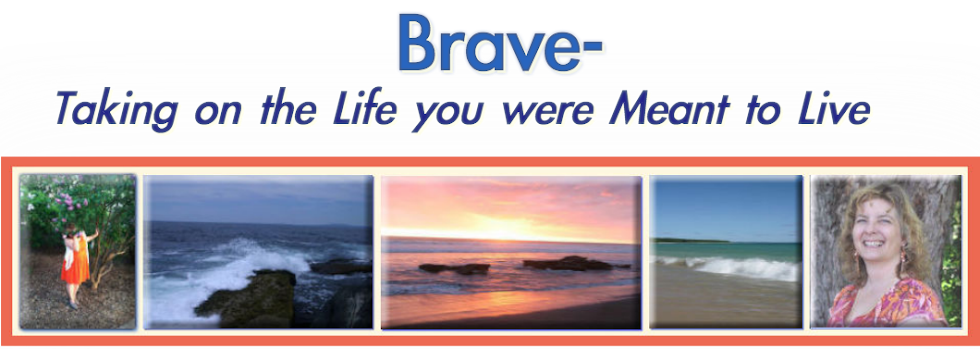Can I make just one more mention of Christmas before we wrap it up? Yes, it's February. Time to move on. But it's kind of relevant to the rest of the year, too.
We did something different this year for Christmas. Besides being away from home, which has never happened other than visits to family. We spent the break on a mission trip to Costa Rica. But that isn't the different thing.
The different thing is that we decided, in light of having to save money for the trip, we would not buy gifts for one another this Christmas. We would give only what we made ourselves. This also worked in light of the whole "the point of going on a mission trip is other people" thing.
We've thought about doing something similar before. It's often seemed like a good idea to focus on what we have and not what we want. To emphasize Jesus, given the invaluable gift he gave to us.
But it always ended the same, for me. I like shopping for gifts. (Well, I like shopping online for gifts.) I love seeing my family's enjoyment of gifts. YES--I completely enjoy seeing a giant pile of presents under a tree and hearing the sounds of ripping paper and frustration over bows that won't come undone. (I may purposefully cause some of that.) I
like the knee-deep ocean of sparkly paper, tissue, and random lost cats that my living room becomes after a massive gift-fest has been executed. I do. Report me to Overdoers Anonymous. It doesn't happen any other time of the year.
Plus, there's the nagging fear. What if we try something different and it bombs, totally? What if the kids hate it? What if
I hate it? What if instead of being the hap-happiest time of the year Christmas becomes a giant letdown laid at the feet of yours truly? Mom the usual Christmas machine epically fails. Since it's only once a year, this really
matters.
You know what? It didn't fail. More than once I almost caved and started shopping. I really wanted to. But I think, inside, all of us knew it would feel so wrong to come home from working with people who didn't have enough money to buy school uniforms and diapers to face a giant pile of glinting paper under a tree. (Not to mention that the cats would have torn it all to pieces by the time we returned and very possibly peed on more than one box. Plus, the tree was
very not cheery green anymore.)

Instead, we savored everything someone had made for us. We appreciated the thought that went into another person pouring themselves into a gift. We valued the realization that someone created something personally for us. We felt we'd done the right things for the moment. It was, possibly, the best Christmas ever.
Why is this relevant for the rest of the year? Because we fear change. All year round. We hesitate to do something other than the way it's always been done. Why? The same reasons I did. We like the status quo. It's known and comfortable. We don't like failure. We fear that if we try something new, everyone will hate it. We'll hate it. We'll have an epic failure at out feet with no one else to blame.
Is there something you really want to change, but you're afraid? Something new you'd really like to try to see if it's a better fit, but you're terrified of launching out?
I read a Dear Abby column years ago that I just loved. A woman asked her if she should forget her dream of medical school because, "If I go, I'll be fifty years old in four years when I finish!" Abby's answer was so simple. "How old will you be in four years if you don't go?"
Don't let fear keep you from changing something today you really want to change. What's the worst that can happen? And--what's the best? Whichever way it goes, you'll have the experience of knowing you did the right thing for the moment.




